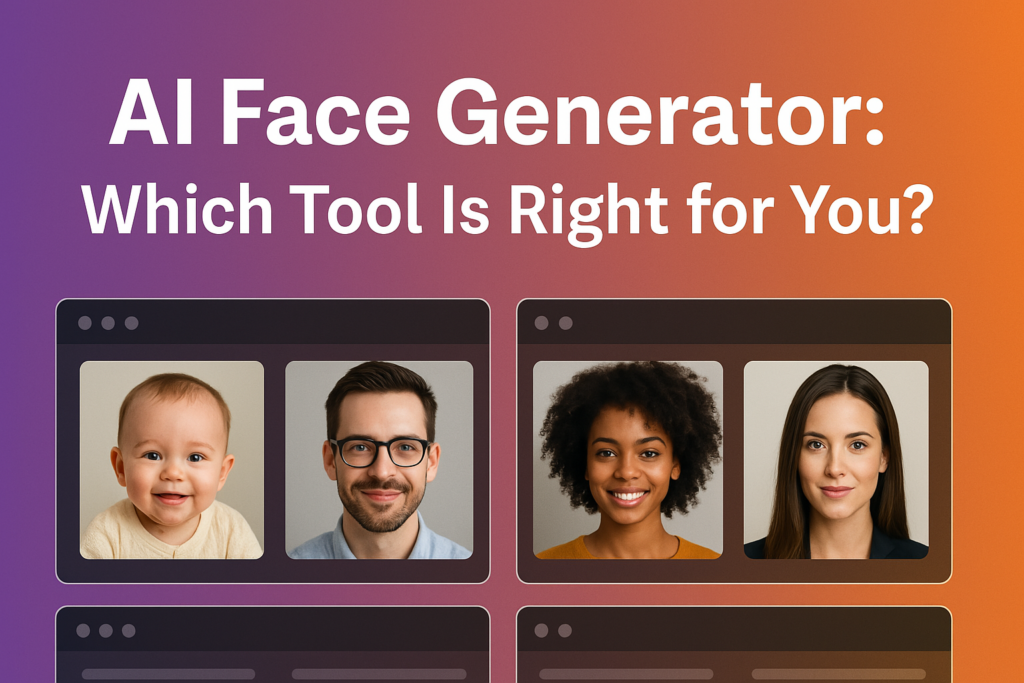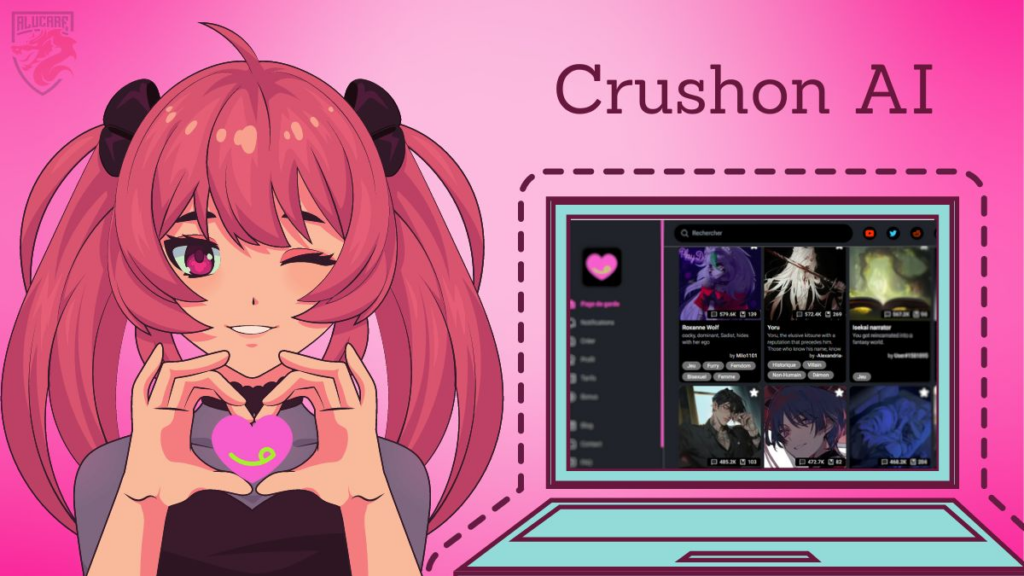Generative AI Revolutionizing Video Game Development
In the ever-evolving landscape of video game development, staying ahead of the curve is paramount. With technological advancements reshaping the industry at breakneck speed, one innovation stands out as a game-changer: Generative AI. This cutting-edge technology is not only revolutionizing how games are created but also redefining the very essence of immersive gaming experiences.

Understanding Generative AI:
Generative AI refers to a class of algorithms that are trained to generate new content autonomously, mimicking human creativity and intelligence. Through techniques such as deep learning and neural networks, generative AI models can analyze vast datasets and produce outputs that range from images and music to entire game environments.
The Rise of Procedural Generation:
Procedural generation, a subset of generative AI, has long been employed in video game development to create dynamic and infinitely varied worlds. However, recent advancements in AI have elevated procedural generation to new heights of sophistication. Developers can now harness the power of machine learning to generate realistic landscapes, populate them with diverse characters and creatures, and even craft intricate storylines tailored to each player’s choices.
Enhancing Creativity and Efficiency:
One of the most significant advantages of generative AI in game development is its ability to augment human creativity and productivity. By automating repetitive tasks such as asset generation and level design, developers can focus their energy on more innovative aspects of game creation. This synergy between human ingenuity and machine intelligence not only accelerates the development process but also fosters a culture of experimentation and exploration.
Personalized Player Experiences:
Generative AI enables game developers to create personalized experiences that adapt to each player’s preferences and playstyle. Through techniques like procedural narrative generation and dynamic difficulty adjustment, games can dynamically evolve in response to player actions, ensuring a tailored experience that remains engaging and challenging.
Real-World Applications:
Several notable examples highlight the transformative impact of generative AI in video game development. Games like “No Man’s Sky” have leveraged procedural generation algorithms to create vast, procedurally generated galaxies teeming with unique planets, flora, and fauna. Similarly, “Minecraft” utilizes procedural generation to generate endless worlds for players to explore and build within.
The Future of Gaming:
As generative AI continues to advance, its role in video game development will only become more prominent. From creating lifelike character animations to generating immersive soundscapes, the possibilities are virtually limitless. Moreover, as AI algorithms become more accessible and user-friendly, indie developers and small studios will have the opportunity to innovate and compete on equal footing with industry giants.
Conclusion:
Generative AI represents a paradigm shift in video game development, empowering developers to create richer, more dynamic gaming experiences than ever before. By combining the creative prowess of human developers with the computational power of AI, the future of gaming is poised to be an exciting journey into uncharted territories of imagination and innovation. As we embrace this technology, we pave the way for a new era of gaming where the only limit is the boundless expanse of human imagination.





